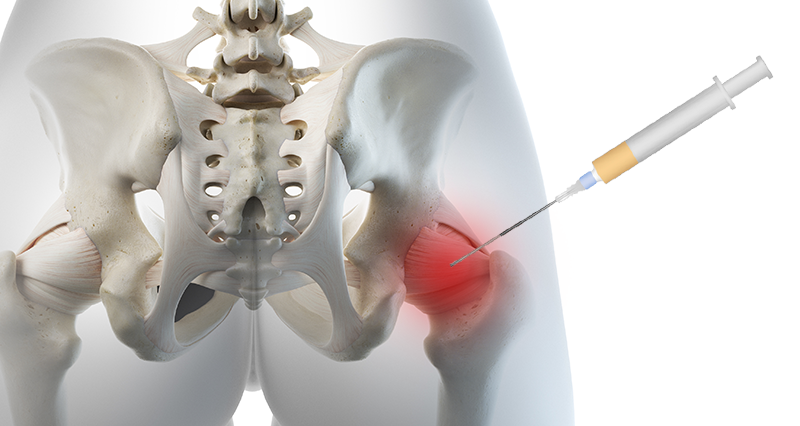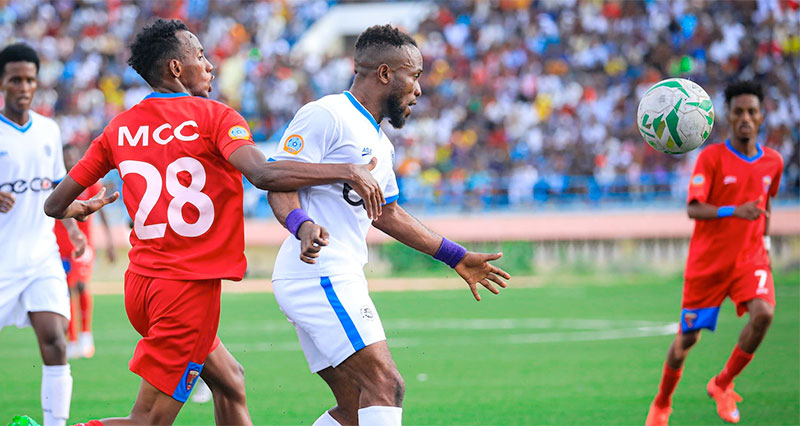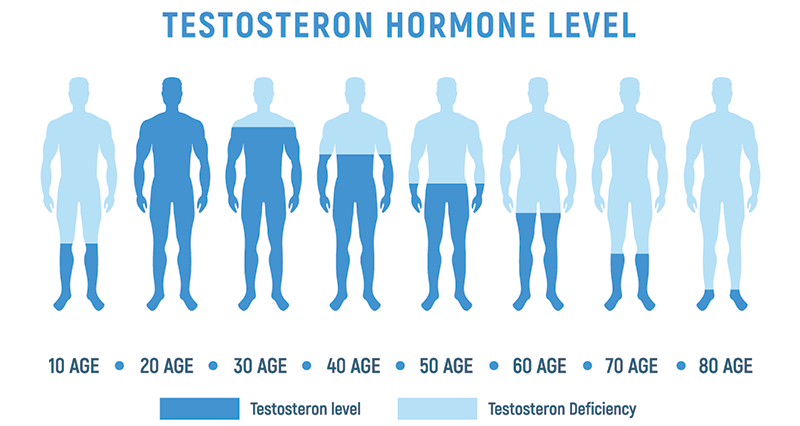Overtraining occurs when you push your body beyond its ability to recover, leading to a decline in performance as well as potential health issues. Here are 9 common signs of overtraining to look out for:
1. Persistent Fatigue
Do you feel constantly tired, even after getting plenty of sleep? Or do you struggle more than usual to get out of bed in the morning? This is a common sign you might be overtraining. As a result, fatigue affects your energy levels, motivation, and interferes with normal daily activities.
2. Decreased Performance
If your performance starts to decline, despite consistent training, it may be a sign of overtraining. For example, you may notice a drop in strength, endurance, or speed. or keep slogging away but appear to have hit a performance plateau. It is a good idea to keep a training diary so you can monitor training sessions more accurately.
3. Prolonged Muscle Soreness
Muscle soreness that persists for longer than usual or becomes more intense may indicate that your muscles aren’t recovering properly between workouts. Remember, you are not training when you train, you must allow your body to recover and grow back stronger. Otherwise all you are doing is breaking your body down without allowing it to recover.
4. Mood Changes
Overtraining can lead to anxiety, depression, or a general lack of enthusiasm. Or, you may be more irritable and quick to anger, especially if you percieve someone or something is preventing you from training. Mental fatigue and stress also often accompany physical burnout.
5. Sleep Disturbances
Difficulty falling asleep, waking up frequently, or experiencing restless sleep can be symptoms of overtraining. Poor sleep further hampers recovery resulting in a viscious circle. Sleep is crucial for recovery because it allows the body to repair and rebuild tissues, particularly muscle fibers damaged during exercise. During deep sleep, the body releases growth hormone, which promotes muscle growth, cell repair, and fat metabolism. Sleep also helps regulate cortisol levels, reducing stress and inflammation, which can hinder recovery. Additionally, quality sleep enhances cognitive function, focus, and mood, ensuring better performance during training.
6. Increased Resting Heart Rate
An elevated resting heart rate, particularly in the morning, may indicate that your body is under stress and not fully recovered from previous workouts. Overtraining triggers the sympathetic nervous system (SNS), which is responsible for the “fight or flight” response. When the SNS is overactive, it increases heart rate, even at rest, as the body remains in a state of heightened alertness and stress.
Fatigue elevates cortisol, the body’s primary stress hormone. High cortisol levels stimulate the heart to beat faster. Also, your body must work harder to repair damaged muscles. This extra workload demands more oxygen and nutrients, which causes the heart to work harder and beat faster, even at rest. Overtraining leads to imbalances in hormones such as adrenaline, noradrenaline, and testosterone. This interferes with heart rate control, making the heart beat faster.
7. Frequent Illness or Injury
Overtraining can weaken your immune system, making you more susceptible to colds, infections, and injuries. Recurring injuries or illness could be a sign you’re pushing too hard. Additionally, if you suffer from persistant overuse injuries such as:
- Shin splints
- Achilles tendonitis
- Patellofemoral pain syndrome
- Iliotibial band syndrome
- Patellar tendonitis
- Plantar fasciitis
8. Loss of Appetite
Overtraining disrupts hormones that regulate hunger, leading to a decreased appetite, which can further hinder recovery. Intense and prolonged exercise can increase levels of stress hormones like cortisol and adrenaline, which can suppress hunger signals. In contrast, some individuals may experience increased hunger, especially for high-calorie foods, as a way for the body to compensate for the energy deficit created by excessive training. This can lead to cravings for carbohydrate-rich and sugary foods, which might be an attempt to quickly replenish energy stores.
9. Hormonal Imbalances
Overtraining may cause disruptions in hormones like testosterone, cortisol, and adrenaline. Symptoms like decreased libido, irregular menstrual cycles (in women), or mood swings can indicate hormonal issues.
How to Address Overtraining
If you recognize these signs, consider taking a break, reducing the intensity and volume of your workouts. Prioritize rest, and improve your nutrition. Listening to your body and incorporate rest days or lighter training periods can help prevent overtraining. Keep a training diary and record as much as possible about your training, recovery and diet. Then if you do have injury or fatigue then you can look back and learn where you can make changes in the future.








